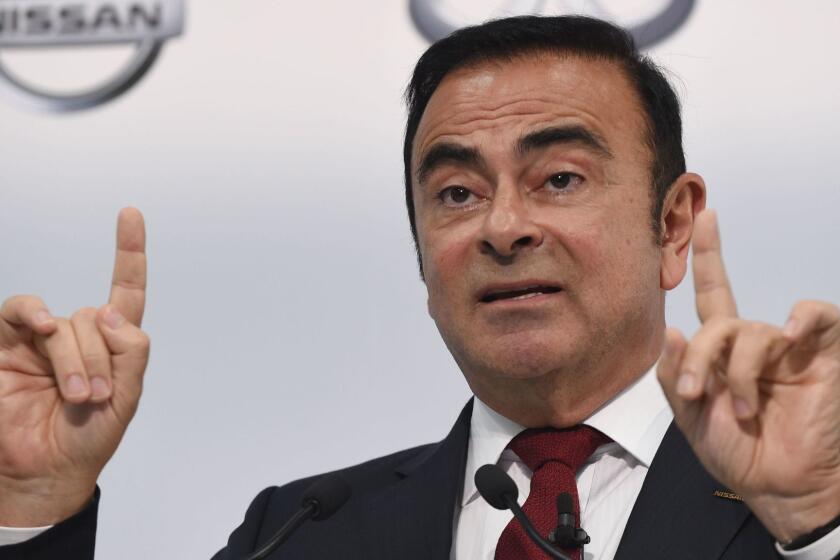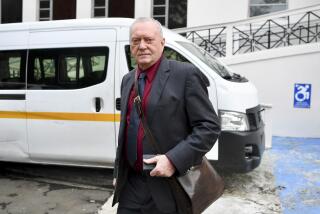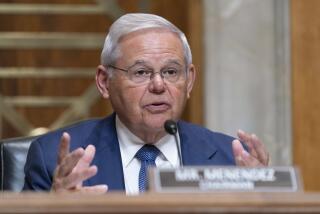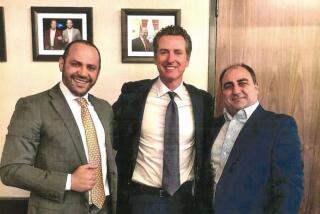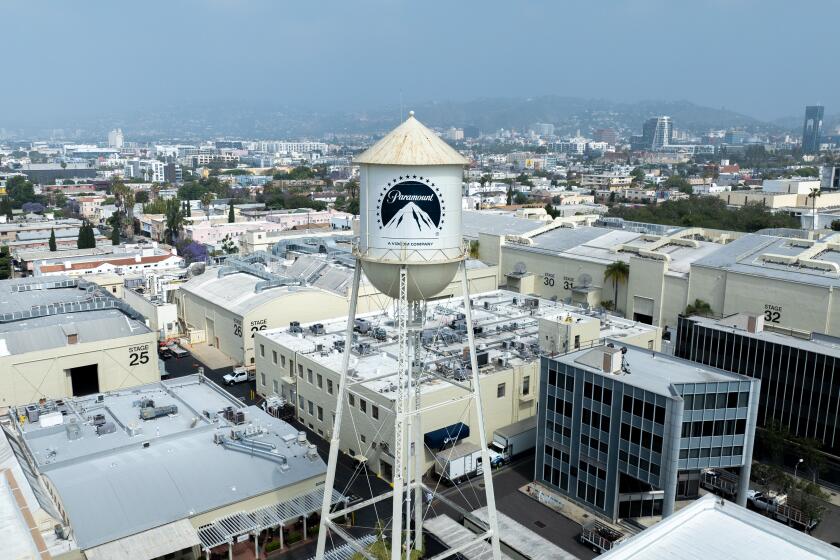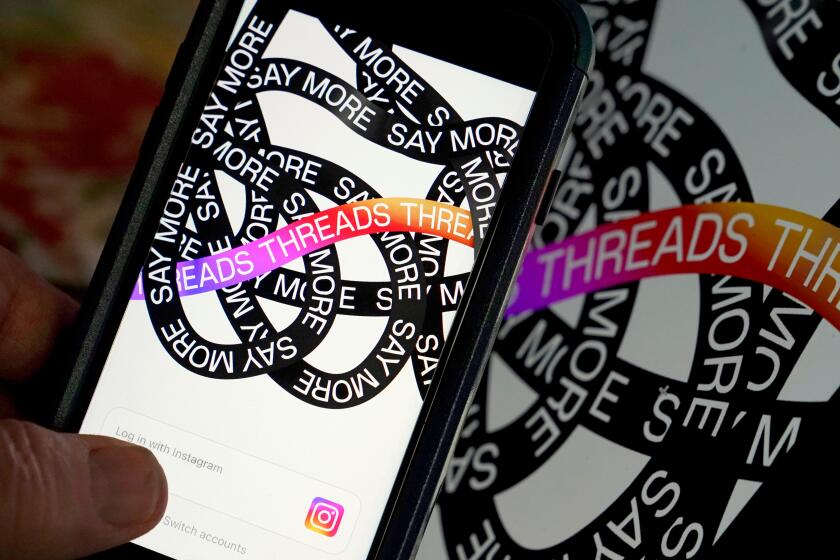Carlos Ghosn joins ranks of big-time white-collar fugitives
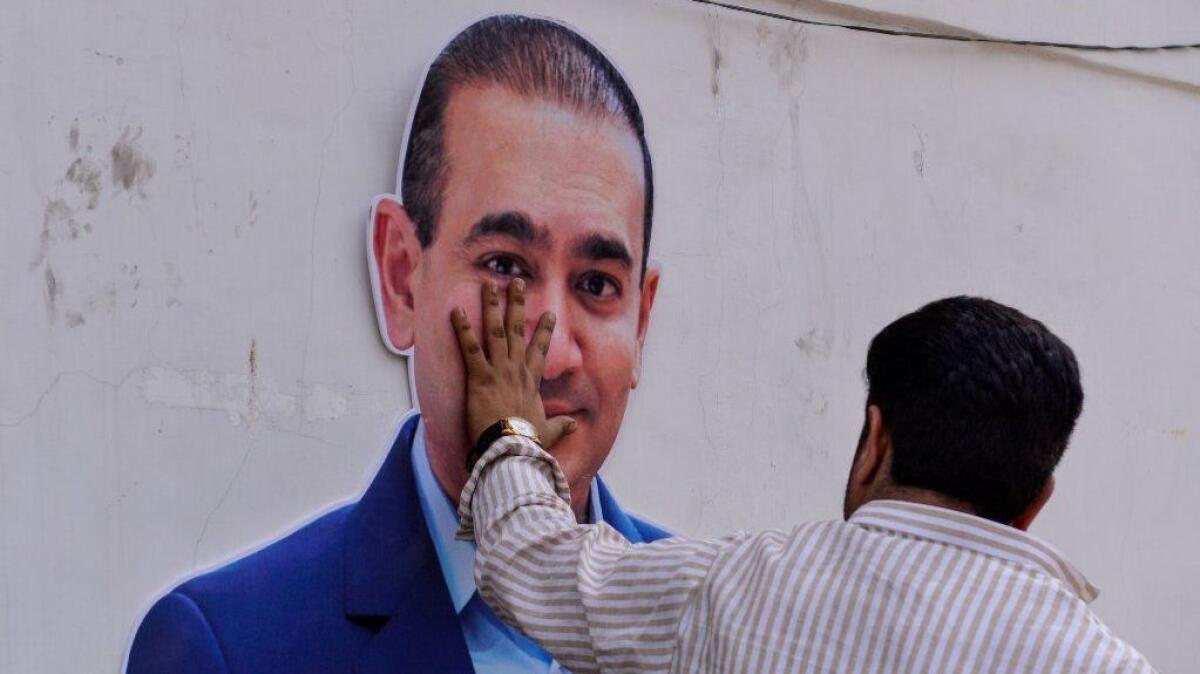
Carlos Ghosn’s stunning escape from Japan makes him one of the most famous white-collar fugitives in recent years, joining the likes of Malaysian businessman Jho Low and Indian tycoon Vijay Mallya.
The former head of Nissan Motor Co. and Renault SA, who was facing trial in connection with alleged financial crimes, defended his move to Lebanon by saying in a statement he’ll “no longer be held hostage by a rigged Japanese justice system.”
Carlos Ghosn’s escape from Japan to Lebanon leaves questions unanswered. Did he have a visa? Did he hide in a music box?
It’s unclear how Ghosn escaped considering he’s been under house arrest and close surveillance since being granted bail in April after his initial arrest in November 2018. He’s a citizen of Lebanon, which doesn’t have an extradition treaty with Japan, and is held in high esteem there. He also holds Brazilian and French citizenship. Ghosn’s lawyer Junichiro Hironaka said his legal team has all of his passports, adding that it’s likely he entered his ancestral home country using a different name.
Here’s a look at some high-profile fugitives from the business world in recent years.
Jho Low
Malaysia is still trying to bring in Low Taek Jho, known as Jho Low, who authorities allege was the mastermind behind the siphoning of billions of dollars from state-owned investment fund 1Malaysia Development Berhad fund, or 1MDB. The scandal led to Prime Minister Najib Razak losing a 2018 election, ending 61 years of his party’s rule, and has entangled individuals and businesses far and wide, including Goldman Sachs Group Inc.
The Justice Department in 2016 seized more than $1 billion in assets — including a 13,000-square-foot, $39-million Los Angeles mansion, three other posh homes, a Beverly Hills hotel and a stake in the 2013 film “The Wolf of Wall Street” — that it says were purchased with money stolen from 1MDB.
Malaysian authorities last week complained about a lack of cooperation from other countries in their search for Jho Low. In September, Inspector-General Abdul Hamid Bador said the financier was in a jurisdiction that has an extradition treaty with Malaysia and talks were being held with a party suspected of protecting him.
Marc Rich
The commodities trader fled to Switzerland hours before being indicted in 1983 on more than 50 counts of wire fraud, racketeering, trading with Iran during an embargo, and evading more than $48 million in U.S. income taxes. The charges stemmed from a multimillion-dollar chain of U.S. crude-oil deals that roiled the global petroleum industry in the early 1980s.
The businessman was celebrated for inventing the spot-oil market before becoming one of the most wanted white-collar fugitives in American history for 17 years. After leaving the U.S., he founded a commodities trading company that became the forerunner of today’s Glencore Plc.
On the last day of his presidency in January 2001, Bill Clinton pardoned Rich, who repeatedly maintained his innocence. Rich died in 2013.
Christopher Skase
The entrepreneur died in Majorca in 2001, a decade after fleeing Australia. His media and hotel empire Qintex Australia Ltd. collapsed following the failure of a proposed buyout of the MGM/United Artists movie studio. The Skase businesses included Seven Network Australia Ltd., the country’s second-largest television network.
Skase successfully fought bids to extradite him to Australia. An order to expel him was in place but suspended by the Spanish government a month before he died of cancer at the age of 52.
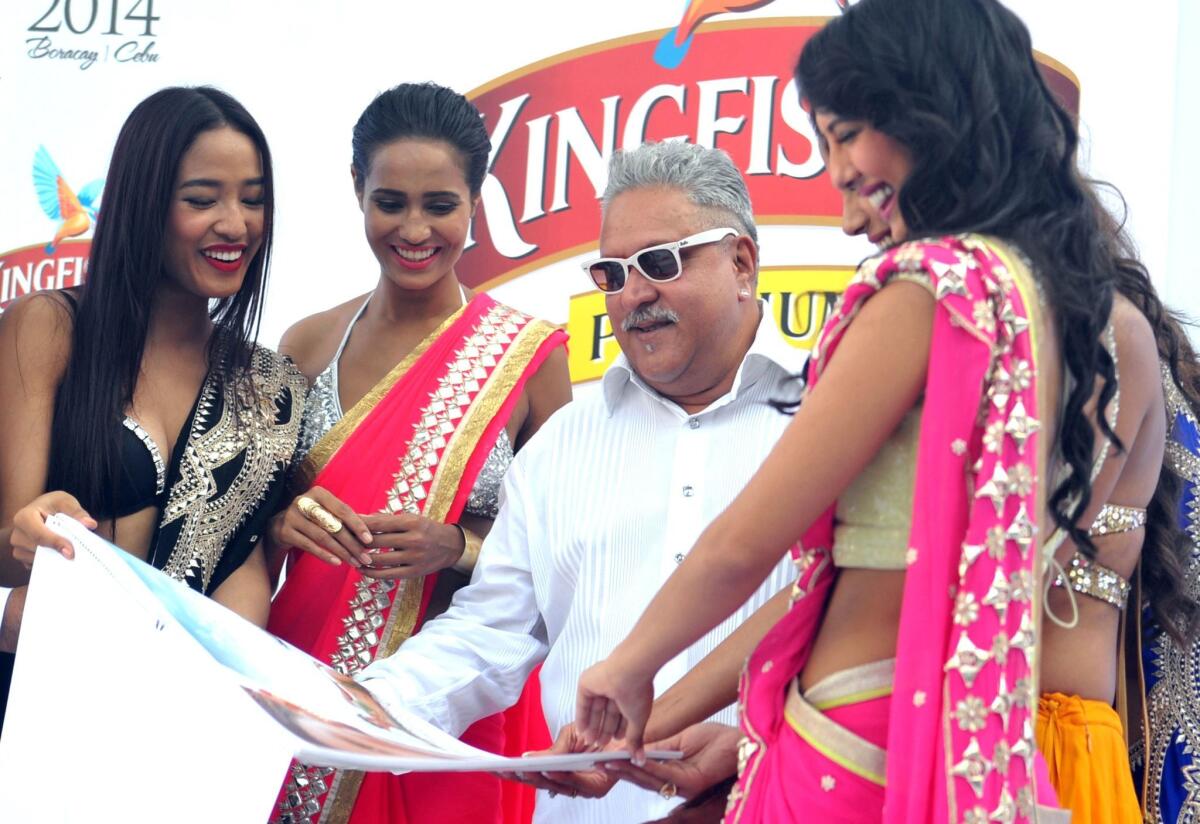
Vijay Mallya
The so-called King of Good Times ran India’s biggest spirits company, United Breweries, which he inherited from his father, and launched a high-end airline, named for his company’s flagship Kingfisher beer, in 2003. He led a lavish lifestyle while racking up $1.4 billion in debt as his airline business collapsed. In March 2016, Mallya departed for Britain.
Mallya has been subject to extradition efforts by Indian authorities for years. This month he was taken to court by a dozen state-owned Indian banks petitioning for him to be declared bankrupt over $1.5 billion in unpaid debts.
Nirav Modi
The billionaire jeweler fashioned a brand of ultra-luxury jewelry that adorned the necks and wrists of Hollywood stars. But after regulators said they found $1.8 billion of allegedly fraudulent bank transactions in early 2018, law enforcement agents sealed Modi’s Mumbai apartment, raided a diamond vault and processing factory, and seized hundreds of millions of dollars’ worth of gold and gems. Modi fled, showing up at the World Economic Forum in Davos, Switzerland, where he posed for photos with Indian Prime Minister Narendra Modi (no relation).
Modi was arrested in London in March on charges he defrauded Punjab National Bank. He was denied bail because of “substantial risks” he’d flee the country to avoid extradition to India.
